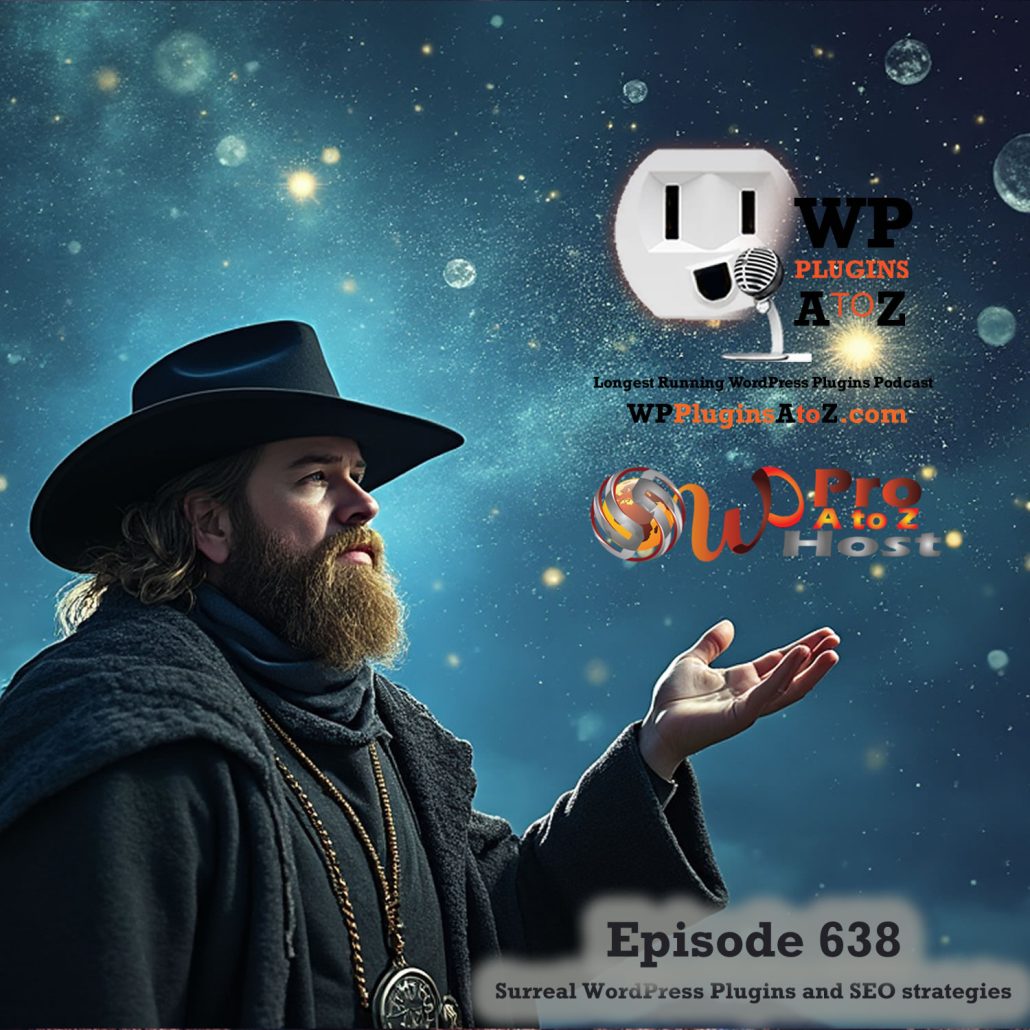By Julie Ann Ross
Social media optimization is a way for organizations and individuals to generate publicity through social networking tools like Twitter and LinkedIn, online communities like Facebook, and automated tools like TwitterFeed and Ping.fm. The term “social media optimization” was originally coined by SEO consultant extraordinaire, Rohit Bhargava, the senior vice president of Ogilvy 360 Digital Influence and author of the Influential Marketing Blog. (Bhargava’s work was so groundbreaking, Jeremiah Owyang, another social media optimization expert, even dovetailed a few of his own rules to the original work.)
Social media optimization is basically a way to promote your blog, website, or even your company’s brand, through social media, without being obnoxious or overtly commercial. Sure, you can blanket sites like Twitter with “Want to lose weight? Download my free report, ‘19 Ways to Lose Weight Fast’” repeatedly, or brag about your latest affiliate paycheck, but that’s not going to get you any followers. At least none worth talking to.
Bhargava terms these people”Twankers” (people who use Twitter for one-way broadcasts about their own greatness) and “Twidiots” (people who only tweet insignificant things like their latest press release or what they had for breakfast). If you’re just having one-way conversations and telling people about the minor, mundane details of your company, you’re not providing any value, and your SMO efforts will be wasted.
Whether you are an SEO consultant or you are new to social media marketing, there are a few rules you need to follow in order to be effective. Bhargava’s five rules of social media optimization included important things like increasing your linkability, helping your content travel, and encouraging the mash up. To that, we would add our own four rules.
- Focus on a few networks, not many. Many social media optimization beginners make the mistake of joining as many social networks as they can, and getting a few followers in each. The problem is you’re getting 10 or 20 followers in 10 networks, rather than 400 or 500 in 2 networks. If you take this narrow route, chances are you will attract the same followers in each one.
- Find people in allied fields, not just your own, to improve your social media optimization. Think referrals, not customers. If you’re in the financial services industry, don’t just focus on finding people who need to invest. Connect with people who can refer those same people to you, like lawyers, real estate agents, bankers, and anyone else who has clients who will need the financial services you offer.
- Provide real value to others. Telling people how they can earn money while they sleep, or “Lose Weight Fast!!!” is not valuable. Steering people to a site that features recipes for people who are trying a low-carb diet, or writing a blog post about the top three fat-burning foods is valuable social media optimization. Refer people to helpful websites, even if they’re not your own. And don’t be nervous about asking questions of your own. It makes you look like a real person, and not just a know-it-all.
- Commit to a social media optimization program for the long haul. It’s not enough to just use it a few times and be done with it. This is an ongoing process. You wouldn’t take the time to cultivate a new friend and then never hang out with them, would you? Some of these contacts will become your friends online. Ignore them, and you’ll waste all the effort you put into your social media optimization and developing those relationships. Remember, social media marketing is actually about building real relationships, not just broadcasting one-way information. That’s what a TV is for.
By starting a social media optimization program, you’ll accomplish two things: 1) You’ll become a thought leader in your chosen field, and 2) your expertise will lead to more and bigger clients or job opportunities.
Rostin Reagor Smith, RRS, is on the cutting edge. With 20 years in marketing, advertising and 10 years in internet marketing, they have combinined Social Media Optimization with more traditional SEO and SEM methods. RRS is a consulting firm specializing in enhancing clients’ online presence and managing their public relations online. SEO, SEM and Online Reputation Management are combined in this successful formula. – Julie Ann Ross
This article courtesy of SiteProNews.com



